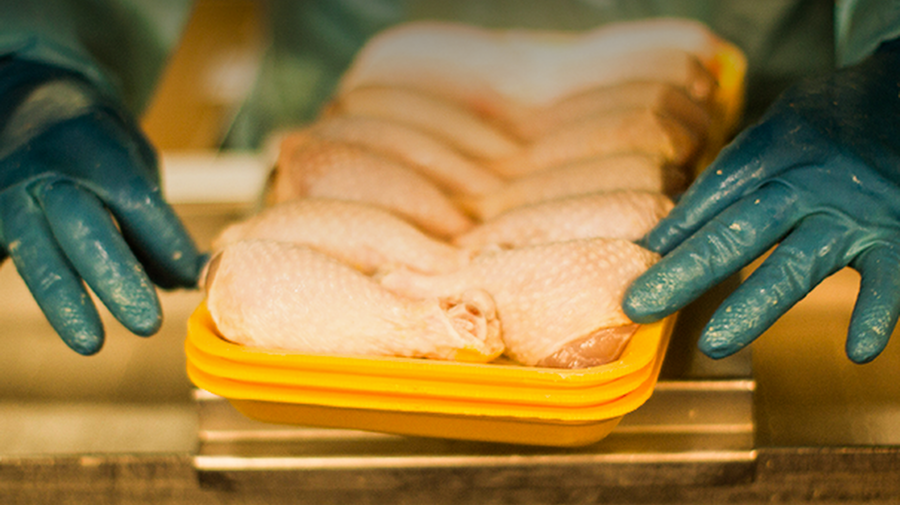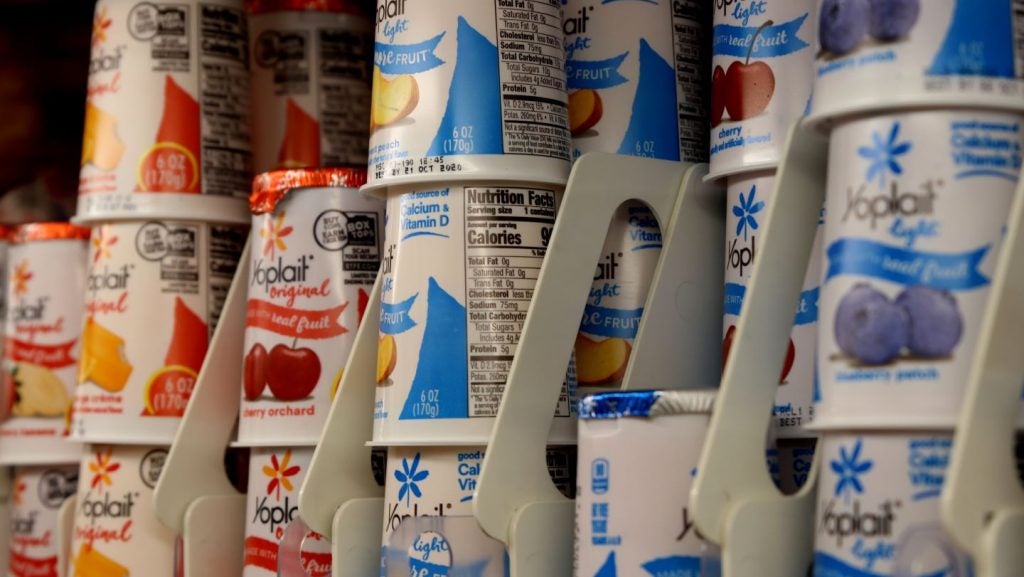Rising poultry, bovine and ovine meat prices pushed up the FAO’s basket of food commodities in April.
Higher meat prices and “modest upticks” for vegetable oils and cereals saw the FAO Food Price Index average 119.1 points in April, up 0.3% from March level.
The index, which tracks monthly changes in the international prices of a set of globally-traded food commodities, was down 9.6% year on year.
The FAO Meat Price Index increased by 1.6%, with world pig meat prices falling. The UN’s Food and Agriculture Organization pointed to “slack internal demand” in western Europe and “persistently lacklustre demand from leading importers”, especially China.
A sub-index for cereals rose 0.3% from March, ending three months of declines. The FAO said global wheat export prices stabilised in April as “strong competition among major exporters offset concerns about unfavorable crop conditions” in the EU, Russia and the US.
Maize export prices increased boosted by high demand amid logistical disruptions as a result of infrastructure damage in Ukraine and concerns about production in Brazil.
The FAO Vegetable Oil Price Index also increased by 0.3% month on month, reaching a 13-month high, as higher quotations for sunflower and rapeseed oil offset slightly lower prices for palm and soy oil.
The sugar Index declined 4.4% from March to stand 14.7 percent below its April 2023 level. Larger-than-previously-anticipated output in India and Thailand, plus improved weather conditions in Brazil, weighed on prices, the FAO said.
Alongside the new index data, the FAO also raised its forecast for global cereal production in 2023 to 2.85bn tonnes, up 1.2% from the previous year. It said the change “primarily reflects new information from Myanmar and Pakistan”.
The FAO also adjusted its forecast for global wheat production in 2024. It now stands at 791m tonnes, less than previously expected but still an increase of 0.5% from 2023.
















